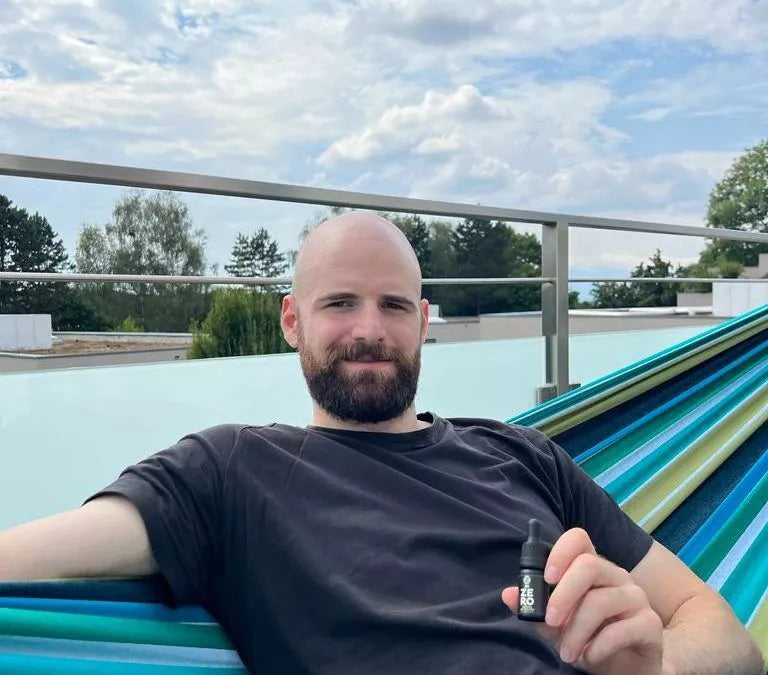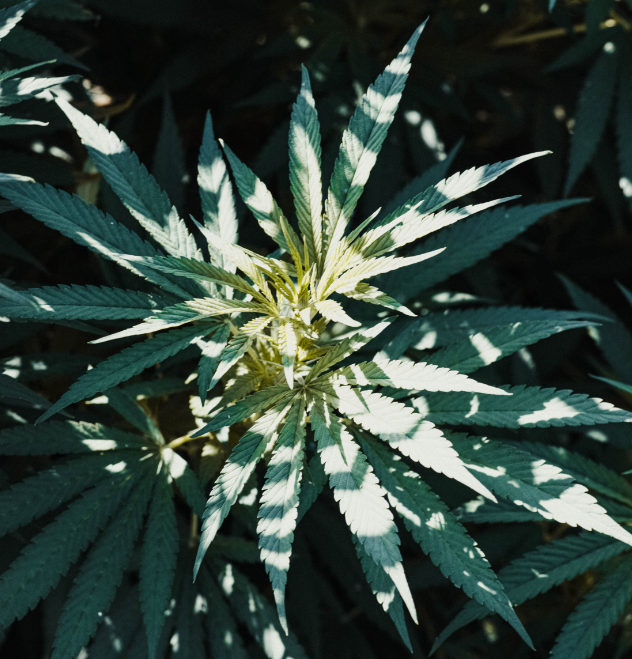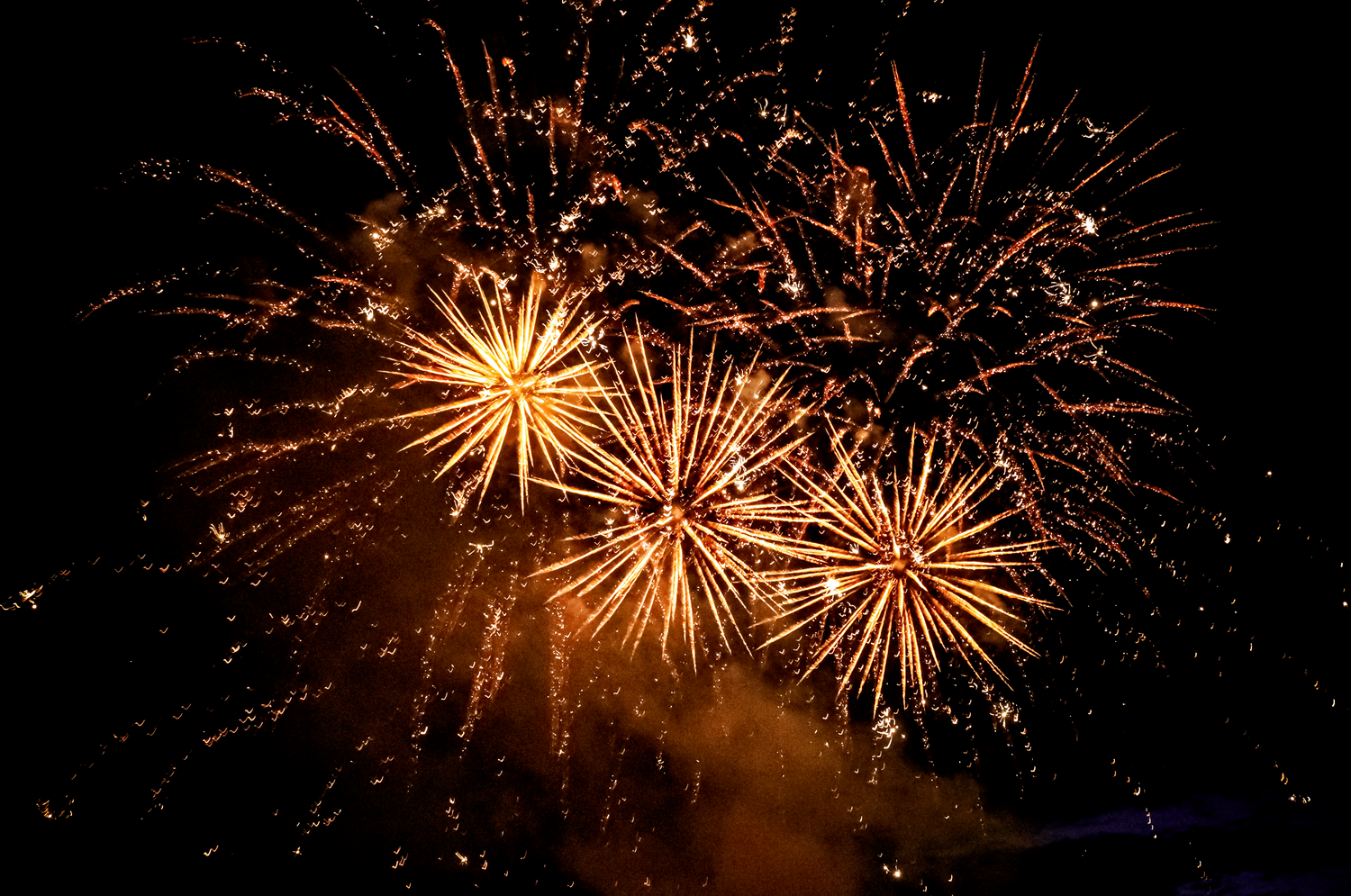Visp - Davos - Lausanne: Fabian Heldner from Eyholz is a professional ice hockey player. Having grown up in Eyholz, the man from Upper Valais went through all the junior levels of EHC Visp before he made his first appearances in the NLB at the age of sixteen (!). In January 2014 he was signed by HC Davos , where he celebrated the Swiss championship with the legendary coach Arno del Curto in the 2014/2015 season. After five years and over 200 competitive games for HC Davos, Fabian Heldner decided to take the next step in his career and switched to HC Lausanne , where he is currently under contract. Fabian Heldner answered a few exciting and interesting questions on various topics such as regeneration or CBD.
Fabian, when did you first stand on the ice?
Fabian: I stood on the ice for the first time when I was four or five years old. My grandfather Walter Salzmann brought me to the Litternahalle back then. He was very enthusiastic about hockey and became Swiss champion in 1962 with EHC Visp or took part in the 1964 Olympic Games. He took me to the Litternahalle for free skating. Not too long later I was training in that hall with my first junior team.
School and sport to promote young talents - a good concept?
Fabian: All participants in this concept could certainly benefit from the training during their school days. However, this time is very exhausting and demanding. It's a huge challenge to reconcile everything. Because of the training during school, you miss a lot of material in class, which you usually have to catch up on in the evening after the second training session (on your own). You leave the house early in the morning and come home late at night totally exhausted. In contrast to the Scandinavian countries, Switzerland certainly still has a lot of room for improvement with such concepts. Nevertheless, I am glad that I had the opportunity to be part of this school concept.
Visp, Davos, Lausanne – which of your professional positions did you feel most comfortable at?
Fabian: That's a difficult question. From a sporting point of view, I felt very comfortable in Visp at the beginning. It was also great to be able to play so close to home. However, if you then realize that you are only sitting on the bench, it becomes less fun over time. I also felt very comfortable in Davos for long stretches, even if the boarding school where I lived wasn't really something for me. At some point I got the feeling that I needed a change in order to be able to develop further. Now I'm in Lausanne and again I feel extremely comfortable. It's hard for me to describe a place as the place where I felt most comfortable. Each location was special in its own right and crucial to my hockey career.





